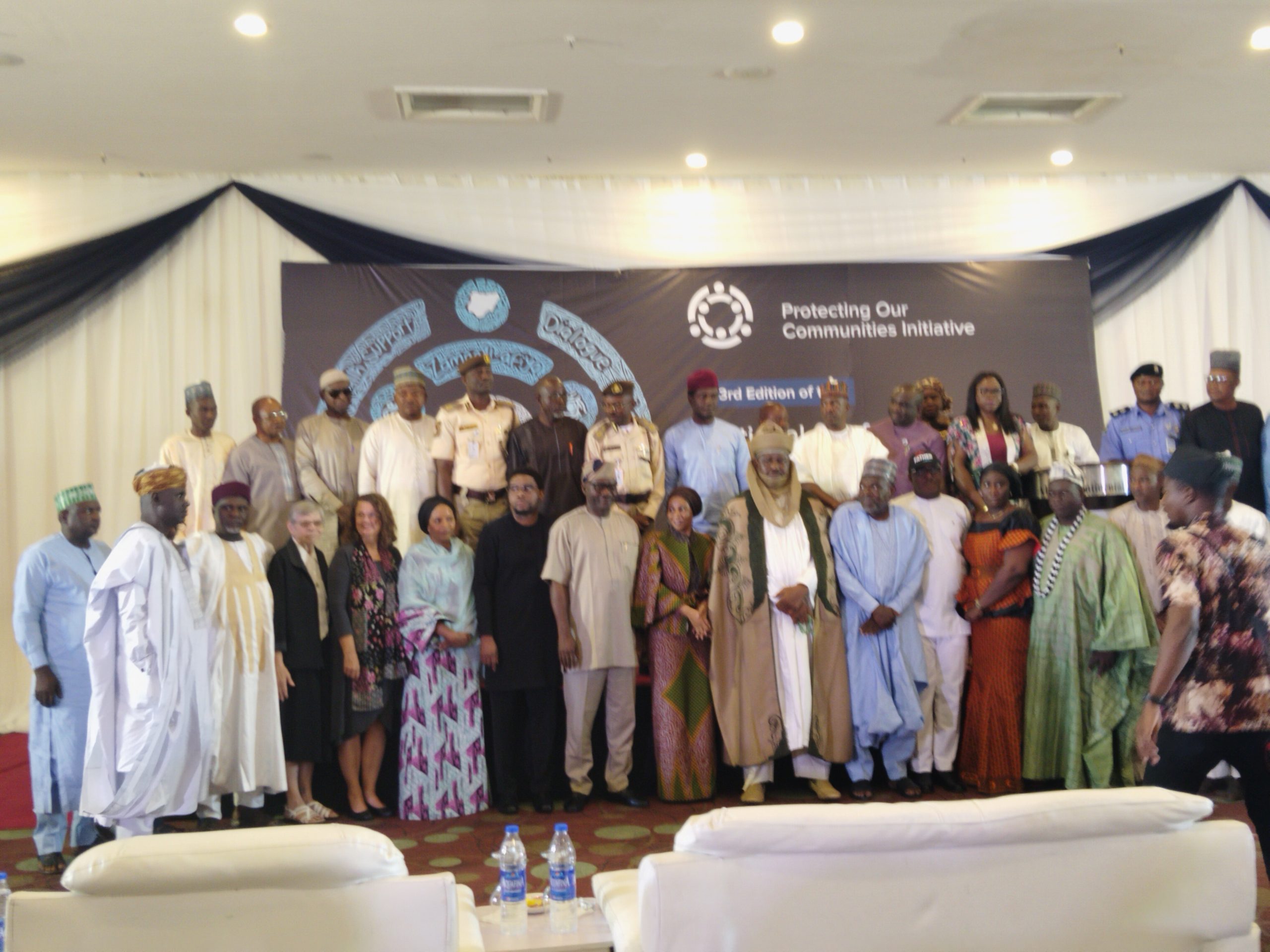Maureen Okpe
Stakeholders in a bid to provide lasting solutions to the tackle the farmers-herders crisis have called for effective and holistic approach to address the menace in Nigeria.
The stakeholders made the call at the 3rd edition of the national conference on the management of farmers-herders relations in Nigeria, organised by the Institute for Peace and Conflict Resolution, (IPCR), in collaboration with
Office for Strategic Preparedness and Resilience, (OSPRE), Neem Foundation, and Karuna Center for Peacebuilding.
This is following the continuous myriad of conflict and ethnic violence which have severely affected the country’s economic and social development.
Director OSPRE, Chris Ngwodo while delivering his keynote address underscored the need for precise response approach in tackling the issue of farmers-herders conflict, noting the term have been used to described various forms of criminality in the country.
According to Ngwodo, “In addressing the term farmer-herder conflict in recent years it has also become an omnibus term a kind of catch-all term that describes all kind of phenomena so sometimes we are describing rural banditry and sometimes we are describing criminality and sometimes we are describing terrorism and we use farmer-herder conflict as an umbrella term to explain all of this or to describe all of this.
“This kind of rhetorical imprecision is not very helpful to our cause the challenge for us or one of the challenges therefore for us as people who shape the debate or at least try to facilitate dialogue on multiple levels from strategic policy level down to the community level is to be able to disentangle the threads that make up the web of insecurity in our rural communities because this is primarily a rural phenomenon this is a crisis of human insecurity within our rural communities and so we must disentangle these threads to understand when we are dealing with criminality when we are dealing with rural banditry.
“What issues are around rural development for example the issues that have to do with local governance and the issues that require building or humanitarian responses or law and other responses it’s very important to be precise in our approaches.”
Speaking further, Ngwodo emphasized reasons for the continuous conflict,stating the shrinking of arable land available to both farmers and herders, desertification, drought and increasing population in Nigeria.
He admonished Nigerians to imbibe the culture of communal living, adding, “when two communities exist within the same ecosystem the burden of interdependence and coexistence upon them outweighs whatever cultural distinctions might animate hostilities between them.”
For her part, Executive Director of Neem Foundation, Dr. Fatima Akilu, stressed that the increasing effect of drought and unpredictable weather patterns is the major setback adding to the farmers-herders crisis .
Akilu call for an approach to confront the multifaceted conflict, noting climate change as a formidable challenge which have intensify the competition for scarce resources.
She advised the government to explore and implement innovative conflict resolution mechanism, establish an early warning system that promotes equal resource sharing.
Earlier, the Executive Director IPCR, Dr Joseph Ochogwu, in his welcome remarks, also stressed the need for climate change and community-driven solutions to resolve the unending farmers-herders crisis.
Ochogwu said, “Our conference today is not merely just an exercise of bringing people together. It is a call for us to move beyond discussion and into the realm of practical implementation. We must leverage our collective expertise and insights to develop actionable strategies that address the root causes of these conflicts and pave the way for sustainable peace and development.
“The stakes are very high, and the need for effective solutions is urgent.Together, we can make significant strides towards a future where farmers and agriculture co-exist peacefully, contributing to a stable and prosperous Nigeria.”
Also, Paramount ruler of Doma, his Royal highness, Andoma of Doma Ahmadu Aliyu Oga Onawo adviced the government to address underlying issues rather treating the symptoms.
“Implementation is always the problem, when points are articulated, challenges identified, solutions provided, what next is the implementation, that is what is lacking ever since.”

